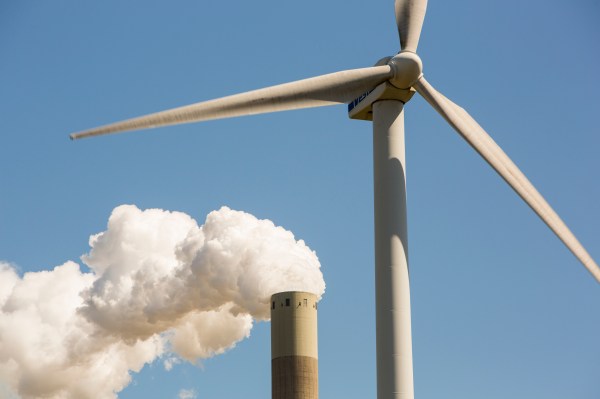President Joe Biden signed the climate-and-energy-focused Inflation Reduction Act into law today, a turn of events that just a few months ago seemed impossible. The move will undoubtedly bolster the United States’ stance in the next round of climate negotiations. And by the end of the decade, it’s expected that the law will reduce the country’s emissions by 40% below 2005 levels. That’s enough to put the country within spitting distance of reductions that could limit warming to 1.5 degrees Celsius.
As with any legislation, there are winners and losers. In the new law, climate tech is undoubtedly a winner, with provisions that will bolster renewable power, net-zero buildings and zero-emissions transportation.
But the details matter, and some sectors got a better deal than others. Here’s a rundown of which companies are likely to benefit and which didn’t get what they expected.
The winners
At or near the top of the list are renewable-energy developers. Before the Inflation Reduction Act passed, tax credits on solar and wind were going to expire at the end of 2024. Now, they’re a little sweeter and are extended through 2032. For developers like Terabase, which recently raised a $44 million round led by Breakthrough Energy Ventures, and Arcadia, which recently closed a $200 million Series E, that’ll be a boon.
